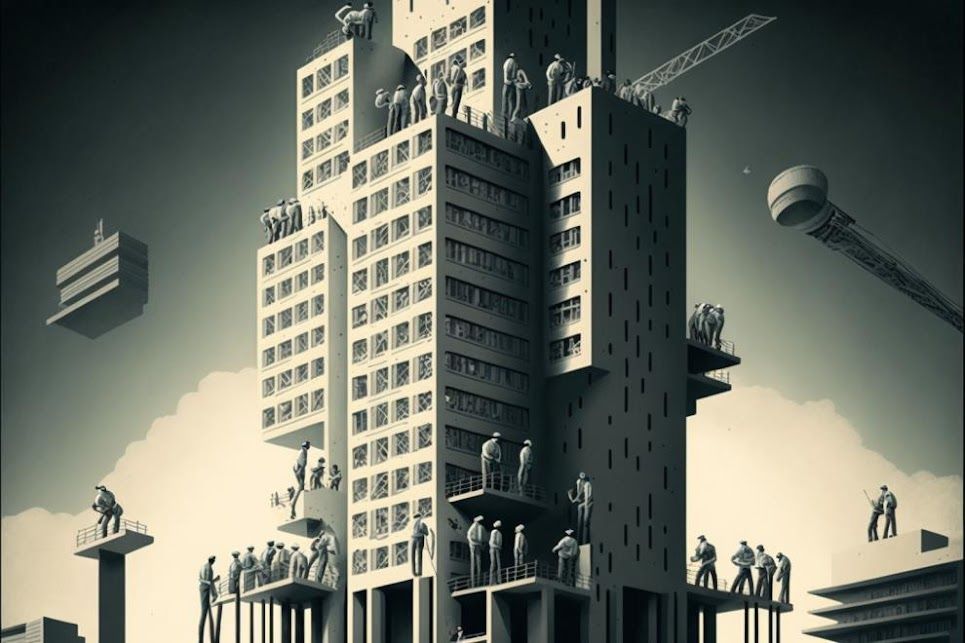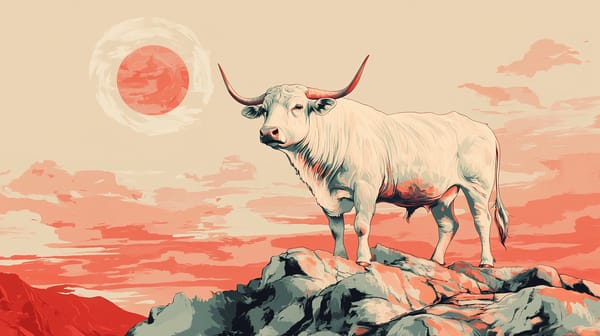Key insights from DaoLens’ roundtable discussion on the ever-evolving DAO Space

Inspired by the launch of its new product (DAO Manager), DaoLens hosted a roundtable discussion with a number of notable personalities in the DAO space last week. The discourse was primarily on the business models in DAOs – why the existing framework is not sustainable, possible solutions, and tangible steps toward building the next generation of decentralized autonomous organizations (DAOs).
The roundtable featured guests like Marco Grendel, DAO Lead at Polygon, Auryn Macmillan, DAO Lead at Gnosis, and Isaac Patka the host of the infamous DAO roast show and the founder of Logos DAO, amongst others. This article highlights some of the key points from the roundtable.
The problems
According to the event host Devika Khandelwal, Community Lead at DaoLens, DAOs are currently more or less hobby projects and are still trying to evolve to a stage where they can sustain people’s livelihood. Meg Lister, Leader of Metrics DAO, believes that earlier pioneers of the decentralized concept believe there is a need to “reinvent everything” Web2. Adding to the list of problems, Marco opined that people do not know how to start and run a business, with most DAOs heavily relying on tokens that do not hold any real value.
Meanwhile, there is the problem of trying to run every decision by the community, a sharp contrast to how traditional companies operate.
Possible solutions
Although DAOs are relatively nascent & experimental, most experts agree that they have the potential to create new forms of decentralized governance that can help create equitable systems.
For one, there is no need to reinvent the wheel. Builders within the DAO space can learn from existing traditional models and adopt what works.
One point that came up a lot during the roundtable was the use of delegation to solve governance crisis. The panelists generally agreed that there was a need to incentivize participation and create mechanisms for capital to be parked in DAOs in order to build sustainable business models. Furthermore, the elements of transparency and having clear expectations cannot be isolated from decentralized decision-making.
Another area worth looking at is the use of social investment clubs within decentralized organizations. This can become a new form of capital management and allocation, similar to traditional venture capital firms.
Check BTC Peers guide of the most promising crypto





